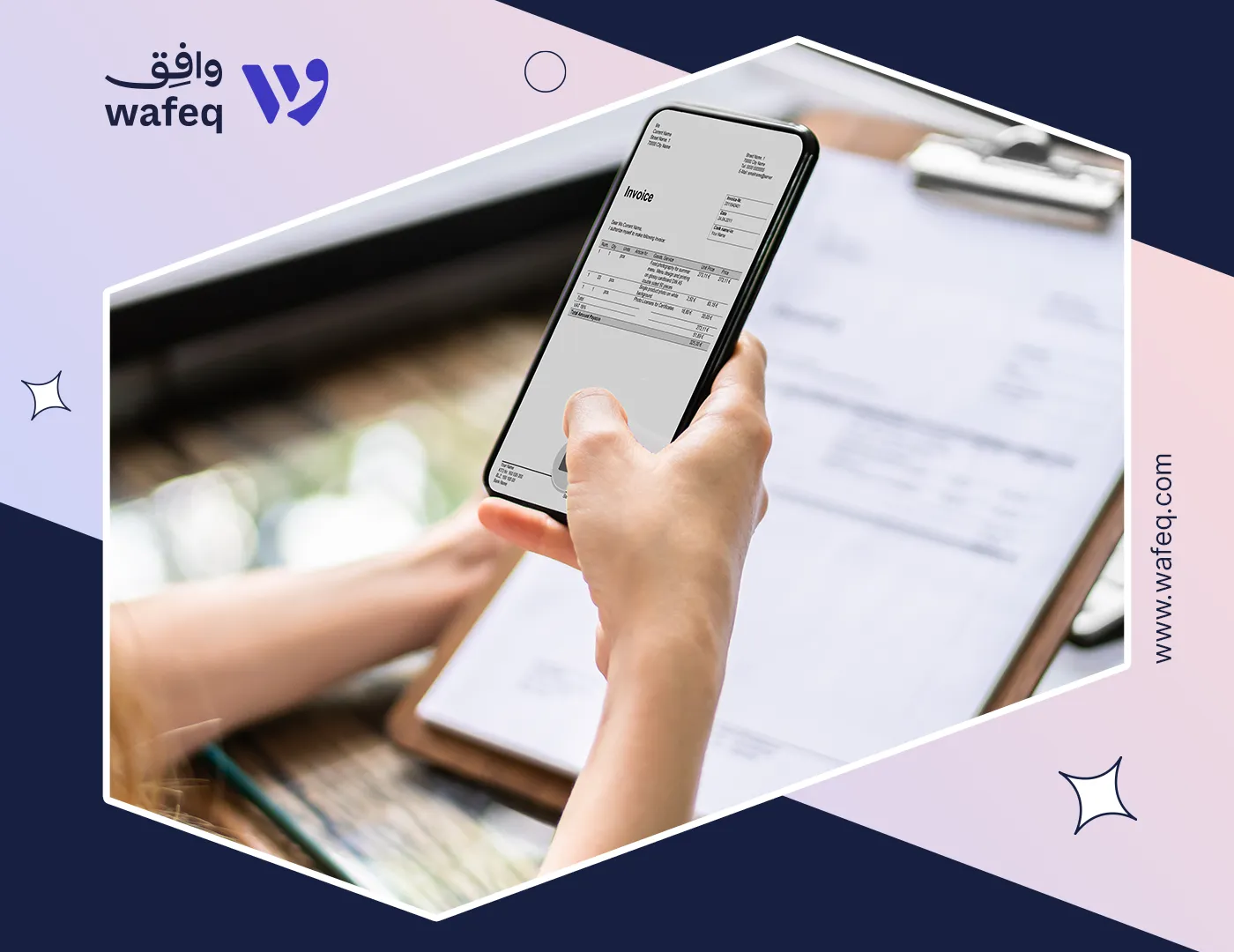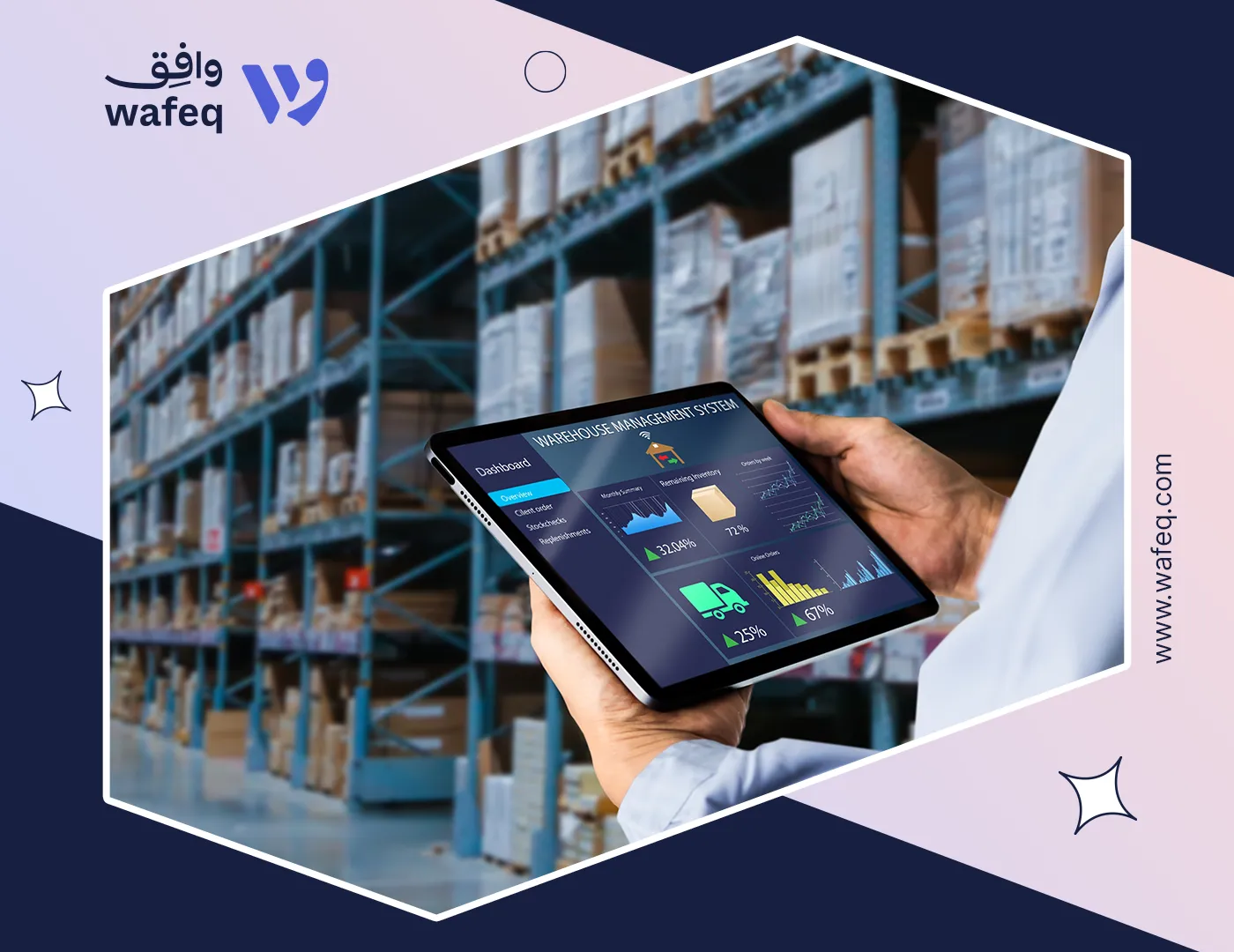Why Multi-Currency and Multi-Language Accounting Drives GCC Growth

Why do so many businesses in the GCC struggle to expand beyond their home market? The answer often lies in something as simple as, but as powerful as, the ability to work across multiple currencies and languages. Flexibility is no longer optional, whether you’re invoicing clients in Saudi riyals, paying suppliers in U.S. dollars, or preparing reports in both Arabic and English. It’s the key to unlocking sustainable growth.
In this article, we’ll explore why multi-currency and multi-language support is critical for scaling in the GCC, the challenges businesses face without it, and how the right systems can make regional and global expansion possible and, as well, seamless.
Why do companies in the Gulf need flexibility when expanding?
The Gulf Cooperation Council (GCC) has become one of the most dynamic regions for business growth. With economies built on trade, investment, and a rapidly diversifying private sector, companies are constantly looking beyond borders. Whether it’s a Saudi manufacturer exporting to the UAE, a Qatari service provider attracting clients from Europe, or a Kuwaiti retailer importing goods from Asia, cross-border activity is the norm, not the exception.
This unique business environment creates both opportunities and challenges. On the one hand, companies have access to fast-growing markets with strong purchasing power. On the other hand, they must navigate different currencies, languages, and regulatory requirements that can easily slow down expansion if not managed properly. Flexibility becomes critical. Scaling across the GCC becomes inefficient and costly without the ability to issue invoices in the client’s currency, report in multiple languages for regulators and stakeholders, or manage payroll for employees from diverse nationalities.
The Role of Multi-Currency in Regional and Global Expansion
For businesses in the GCC, operating in a single currency isn't feasible or simple. The region’s economies are deeply intertwined with global trade: GCC countries account for over $1.2 trillion in exports and $725 billion in imports annually ( due to World Bank statistics for 2024). Much of this trade is invoiced in U.S. dollars, the global benchmark for oil, gas, and many commodities.
At the same time, local business transactions must often be conducted in national currencies such as the Saudi riyal (SAR), UAE dirham (AED), or Qatari riyal (QAR)—all of which are pegged to the U.S. dollar. This creates a dual requirement: companies must maintain local-currency books for compliance and taxation, while also dealing in dollars, euros, or other foreign currencies for cross-border operations.
Multi-currency capability is also vital for compliance. Under VAT frameworks in Saudi Arabia and the UAE, invoices issued in foreign currencies must still be converted to local currency at official exchange rates set by the central bank. Without automated multi-currency support, errors in VAT reporting can trigger penalties and disrupt operations.
Also Read about: Wafeq's Advanced Multi-currency Support for Seamless Cross-Border Transactions
The Role of Multi-Language Support in Driving Growth
Language is more than communication; it is also a compliance, collaboration, and trust tool. In the GCC, companies often operate with multicultural teams — for example, an Emirati owner, a Lebanese CFO, an Indian accounting manager, and a Filipino operations staff, all working together in one firm. Each of them needs to access financial data, invoices, and compliance reports in a language they fully understand.
From an accounting systems perspective, multi-language support is not a luxury but a necessity. Without it, businesses risk misinterpreting financial statements, errors in compliance filings, and inefficiencies in day-to-day operations.
Multi-Language in Accounting Systems: Key Benefits
- Regulatory Compliance In Saudi Arabia and the UAE, government submissions and e-invoices are often required in Arabic. Multi-language support ensures that while teams can work in English internally, the system can automatically generate Arabic-compliant outputs for submission.
- Operational Efficiency Accountants, auditors, and managers can each work in their preferred language without requiring translations. This reduces delays and eliminates costly errors caused by misinterpretation.
- Stakeholder Communication A CFO may prefer English dashboards, while a local partner or tax authority requires Arabic. Multi-language systems bridge seamlessly the gap.
- Employee Productivity and Satisfaction Enabling employees to interact with financial tools in their native or preferred language increases adoption, accuracy, and confidence in the system.
How Wafeq Supports Multi-Language Needs in the GCC
Scaling in the GCC requires more than just handling numbers — it requires speaking the languages of your team, partners, and regulators. That’s why Wafeq was built with multi-language capabilities at its core, ensuring businesses can operate smoothly in both Arabic and English without compromise.
- Arabic-first compliance Wafeq automatically generates invoices and e-invoicing outputs completely compliant with Saudi ZATCA requirements, ensuring that all mandatory Arabic fields are properly displayed. At the same time, it allows companies to include English or other languages in parallel, making invoices understandable to non-Arabic-speaking stakeholders.
- Dual-language interface for teams Accounting teams can switch between Arabic and English interfaces seamlessly. This feature helps bilingual organizations ensure every member, from the CFO to the entry-level accountant, can use the system in their preferred language.
- Multi-language reporting Management reports can be exported in Arabic for regulatory or local partner purposes, and in English for multinational boards or investors. This flexibility reduces the need for manual translation and the errors it brings.
- Adoption and scalability By supporting both Arabic and English natively, Wafeq eliminates a major barrier to adoption, especially for businesses planning to expand across GCC markets where language requirements differ. It empowers teams to grow without needing parallel systems or workarounds.
Key Benefits of Multi-Currency and Multi-Language Accounting Systems for GCC Businesses
When a business expands in the GCC, it rarely faces one challenge in isolation. A company selling across borders must handle multiple currencies while managing reporting and compliance together in more than one language. Without the right accounting system, these two realities quickly become bottlenecks to growth.
- Faster and More Accurate Decision-Making Finance leaders can access dashboards, forecasts, and performance reports in their preferred language while tracking revenues and costs in the original transaction currencies. This ensures decisions are based on clear, accurate, and understandable data.
- Seamless Cross-Border Operations Consider a Saudi-based company selling to the UAE. The invoice may need to be issued in AED for the customer, recorded in SAR for internal books, and reported in Arabic for compliance. An integrated system that supports multi-currency and multi-language eliminates the friction of manual adjustments.
- Reduced Compliance Risks Tax authorities across the GCC — such as Saudi Arabia’s ZATCA or the UAE’s FTA — that require deliveries in Arabic and local currency. Multi-language and multi-currency features work together to ensure that the same data can be presented in multiple formats without duplication or human error.
- Improved Stakeholder Communication Shareholders, investors, auditors, and regulators often require different formats and languages. A system that can switch between Arabic and English and between SAR, AED, KWD, or USD instantly strengthens communication and builds trust.
- Scalability Across the Region With the right systems, companies do not need to overhaul their processes when entering a new GCC market. Instead, they configure the software simply for the local currency and language, enabling faster market entry and lower administrative costs.
How Wafeq Combines Multi-Currency and Multi-Language for GCC Businesses
Wafeq is built specifically for the GCC market, where businesses face the dual challenge of operating simultaneously across currencies and languages. Its design eliminates the silos that typically force finance teams into workarounds.
- Unified Invoicing Issue invoices in AED, SAR, KWD, or USD and display them in Arabic and English altogether. This ensures all customers, suppliers, and regulators see the information in the style they need.
- Automated Conversions with Compliance Wafeq automatically converts foreign currency transactions into local currency using official rates, per ZATCA or FTA requirements. At the same time, reports can be generated in Arabic and English without duplication.
- Multi-Entity and Cross-Border Scalability A Saudi-headquartered company can run books in SAR, report VAT in Arabic, and consolidate UAE subsidiary accounts in AED with English management reports for investors simultaneously. All of this is done within a single system, which removes the inefficiency of separate setups.
- Reduced Complexity, Increased Control By integrating multi-currency and multi-language under one platform, Wafeq minimizes manual reconciliation and translation tasks. Finance teams can focus on strategic insights rather than operational fixes.
Challenges Companies Face Without Multi-Currency and Multi-Language Support
For many GCC businesses, growth is held back not by lack of demand, but by the complexity of managing financial operations across currencies and languages. When accounting systems are not equipped to handle these needs, organizations face costly inefficiencies and compliance risks.
- Manual Conversions and Errors Without built-in multi-currency functionality, finance teams are forced to convert transactions manually, often relying on inconsistent exchange rates. This leads to reconciliation errors, misstatements in reports, and wasted time.
- Compliance Risks with Regulators Regulatory bodies such as ZATCA in Saudi Arabia or the FTA in the UAE require tax filings in Arabic and local currency. Companies that rely on manual translation or external tools increase the risk of misreporting, which may result in penalties or failed audits.
- Slower Decision-Making When data is scattered across spreadsheets or requires translation, decision-makers lose access to timely insights. A CFO may have to wait days for data to be converted into English or for revenues to be consolidated in a single reporting currency, delaying critical business moves.
- Poor Customer and Partner Experience Issuing invoices only in one language or a single currency can create friction with international clients or non-Arabic-speaking stakeholders. This limits customer satisfaction and may even affect payment cycles.
- Barriers to Regional Expansion A company operating only in SAR and Arabic may struggle when entering the UAE, where many clients expect AED invoicing and English communication. Without flexible systems, each new market requires expensive and time-consuming adjustments.
Also Read: Advanced Multi-Currency Accounting Software for Export Businesses.
Scaling in the GCC isn't only about capturing new customers, but it is more about building the right financial infrastructure to support sustainable growth. Companies that operate without multi-currency and multi-language capabilities often find themselves trapped in manual work, compliance risks, and communication barriers. By contrast, organizations that embrace systems with these features gain speed, accuracy, and flexibility. They can invoice in AED, report in SAR, file taxes in Arabic, and present dashboards in English — all without losing time or risking errors. This agility is what allows businesses to compete regionally and globally.
FAQs about Multi‑Currency and Multi‑Language Support
What is multi-currency accounting?
Multi-currency accounting is the ability of an accounting system to record, process, and report transactions in more than one currency. For example, a company in Saudi Arabia may issue invoices in SAR but accept payments in USD, EUR, or AED. A multi-currency system automatically converts and consolidates these values into the reporting currency, eliminating manual conversions.
Why is multi-language support important in the GCC?
The GCC is home to Arabic-speaking regulators and a diverse workforce that communicates in English and other languages. Multi-language support ensures compliance with local tax authorities (e.g., Arabic VAT filings in Saudi Arabia) while also enabling smooth communication with multinational teams, investors, and clients.
Is multi-currency support required for compliance in the GCC?
Yes, in most cases. Tax authorities require filings in local currencies — SAR in Saudi Arabia, AED in the UAE, etc. Companies risk misreporting or spending excessive time reconciling foreign transactions without multi-currency support. Automated systems with built-in currency conversion ensure compliance and accuracy.
How does multi-language functionality improve business operations?
It reduces communication gaps across teams and stakeholders. For instance, management reports can be generated in English for international investors while operational invoices remain in Arabic for local compliance. This flexibility speeds up decision-making and builds trust across borders.
Can small and medium businesses benefit from multi-currency and multi-language systems?
Absolutely. Even SMEs often deal with international suppliers, customers, or investors. Systems that manage foreign currencies and bilingual reporting help smaller businesses expand confidently, without being slowed down by administrative complexity.
Simplify compliance, scale across the GCC, and manage your accounting in multiple currencies and languages today using the Accounting Program Wafeq.
Simplify compliance, scale across the GCC, and manage your accounting in multiple currencies and languages today using the Accounting Program Wafeq.



.png?alt=media)










